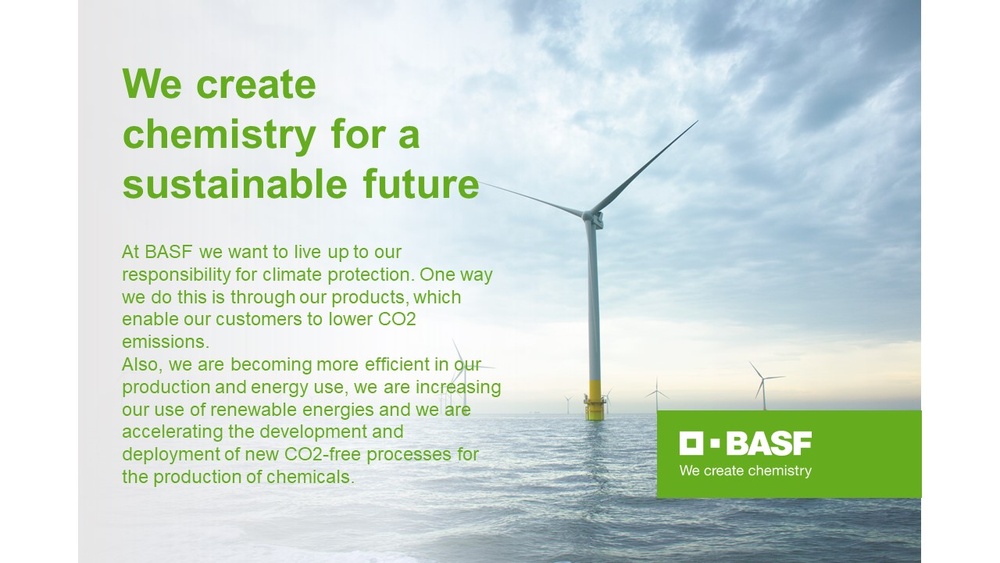28 March 2022

Sweden’s GHG emissions down 10% in 2020
In 2020, greenhouse gas emissions (GHG) from the Swedish economy were 47.9 million tonnes of CO2e, a decrease of 5.4 million tonnes (or over 10%) compared with 2019. During the same pandemic period, GDP fell by 3.3%, hence Sweden’s economy became more carbon-efficient. Between 2020 and 2019 greenhouse gas emissions decreased in all sectors. Emissions from the transport industry, which includes aviation, maritime transport and road haulage were 24% lower in 2020 compared with 2019. Emissions from aviation experienced the biggest decrease in emissions between 2019 and 2020, falling by 39%, a decrease which is believed to be linked in the decrease in air travel as a result of the covid-19 pandemic.
The decrease in GHG between 2019 and 2020 is the largest decrease between two years since measurements began in 2008. Between 2008 and 2020, GHG are down by 30%, while during the same period, Sweden’s GDP increased by 19%.
Klemetsrud CCS site gets NOK 9 billion ‘go ahead’
Further to last Friday’s Nordic Green story, Oslo municipality, alongside its commercial partners Hafslund Eco, and new partners Infranode and HitecVision have in a press release given the go ahead for a NOK 9.2 billion carbon capture scheme at Klemetsrud. The site will commence operation in 2026. Of the total NOK 9.2 billion costs the municipality has committed NOK 3 billion. The waste-to-energy plant at Klemetsrud is currently responsible for 17% of the city’s total emissions, and is the biggest single emitter of CO2 in Oslo. From 2026, up to 400,000 tonnes of CO2 will be captured each year. This corresponds to the annual emissions from 200,000 cars.
E24 & E24 & Oslo Kommune
Nel ASA receives EUR 3 million green hydrogen order
Norwegian Nel, which produces solutions to produce, store, and distribute hydrogen from renewable energy, has now received a firm order for an alkaline electrolyser system from an undisclosed European customer to provide green hydrogen to the European market. The purchase order has a value of approximately EUR 3 million.
Majority of new offshore wind farm applications continue to be rejected in Sweden
In a continuation of a story previously covered in NGN, new figures from the Swedish Energy Agency show more and more applications are being refused by Municipalities or as a result of local protests. The new report shows six of the seven most recent applications in Sweden for offshore wind power have been rejected. At the same time, the authority is noticing an explosion of new project applications for offshore wind power, during the autumn, 62 project applications came from Svenska kraftnät alone. Just under half of all wind power projects from 2014 until now have received the go-ahead to start construction. But in 2020, the proportion of applications that were approved decreased to 37% and the first half of 2021 this further reduced to just over 25%.
Danish political parties propose lower speed limits
Following the International Energy Agency’s (IEA) recommendation to reduce national speed limits by 10km/hr in order to reduce oil usage, the Danish ‘Red-Green Alliance’’ or ‘Unity List’ alongside the Socialist People's Party (SF) and the Danish Social Liberal Party (Radikale Venstre) proposed the speed reduction be adopted on Danish roads. The ‘Blue Block’ comprising Liberal Party, the New Citizens' Party, the Liberal Alliance and the Danish People's Party have voiced opposition to the plans. The call for reduced speed by the IEA came as a result of the war in Ukraine and a need to reduce dependency on Russian oil and gas reserves.
Danish Greenlab Energy Park recipes further DKK 100 million
Denmark’s pioneering industrial park, Greenlab has received a further boost of DKK 100 million. The capital injection comes from the circle of owners behind Greenlab consisting of Norlys, Spar Vest Fonden, Klimafonden Skive and Skive municipality. The Greenlab site has been credited with bringing jobs and growth to the Skive region and the boost in funding will allow further growth to take place in order to meet greater demand both in PtX upscaling and from new factories which contribute to the circular economy.
Quantafuel: Announces proof of concept at the Skive plant
Quantafuel, a Norwegian firm seeking to produce high value plastic products from plastic waste in a circular business model, has announced ‘proof of concept' for its plant at Skive after more than seven days of continuous operation at a level corresponding to an annual capacity of 16,000 tonnes of plastic waste and with an uptime of over 90 percent. Reaching this milestone is seen as an important breakthrough for the company and for chemical recycling as a whole.
What we’re reading
-
After blackouts, China’s green goals take back seat to energy security (Climate Home News)
About Nordic Green News
The Nordic countries are some of the most dynamic and successful economies in the world. They are also leaders in sustainability, from renewable energy, biofuels, carbon capture and storage and the hydrogen economy, circular economy business models and battery development, the Nordics are pioneers in policy design, technology development and consumer uptake. Mundus Nordic Green News is covering this transition for the international community. Every day we curate the stories of most relevance to international businesspeople and policy experts from the flow of news. Mundus Nordic Green Indices summarise the meta-data from our daily coverage to enable easy tracking of trends. We supplement these with our own opinion pieces and commentary.
